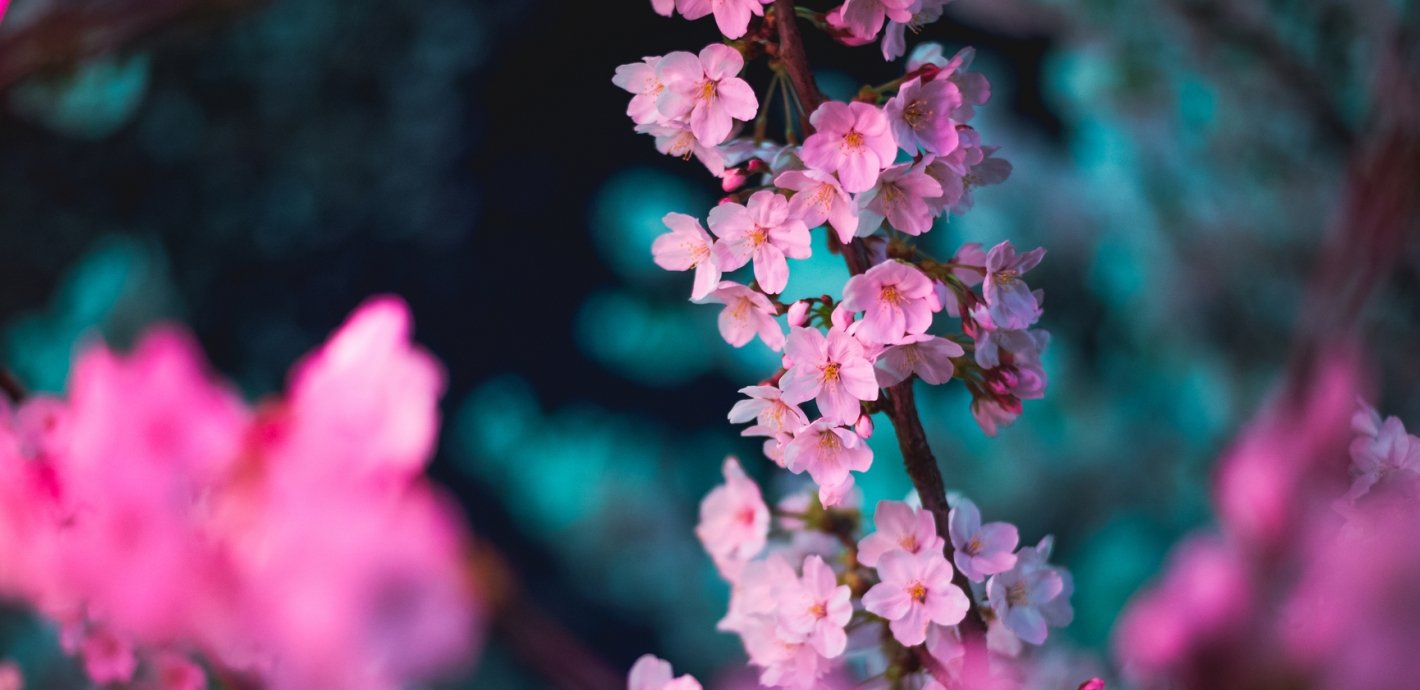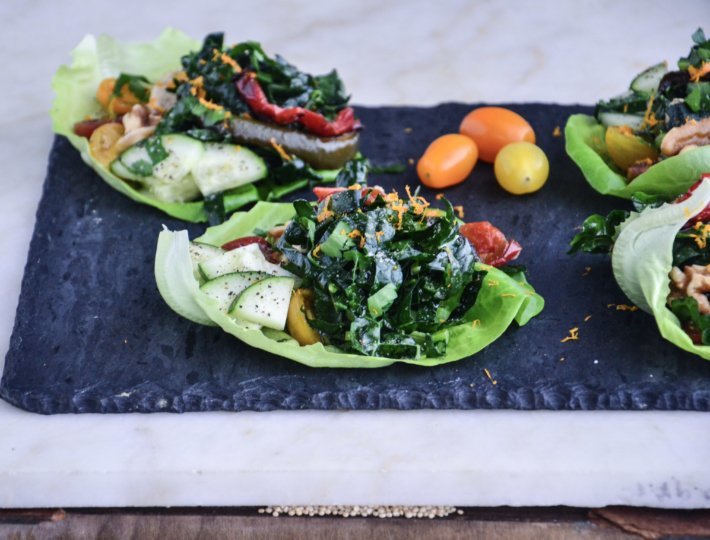In this moment, it’s early autumn in New York and the weather presents itself as an invitation to be easy. The sensation of moving freely, without layers, makes me feel intrinsically more connected; there’s no barrier between my environment and my skin. This is a sweet time of year, an easy season to inhabit, with Indian Summer days that seemingly stretch through forever.
Of course the calendar reminds me otherwise. The sun is setting much earlier now, and the warmest days of the year have passed.
One of the hardest natural laws to reconcile is that everything is subject to change whether we want it to or not. Autumn turns to winter and winter turns to spring. The Law of Impermanence is everywhere and the seasons just stand up to testify.
I would guess that by the time we’ve hit adulthood, we’ve all felt the truth of impermanence in a million mundane ways. Job situations break down. Love affairs ignite and fizzle. Even our own bodies change, eventually becoming weathered and time-worn. I have bottles of eye serums and face creams that promise to exonerate me from this rule, but at 33, those first few unruly grey hairs tell it to me straight. I can prolong, postpone and deny the inevitable, but what comes to pass does not stay.
Related: The Power of Our Personal Narratives
This is often presented as the “bad news,” or fodder for an existential crisis. I’m reminded of a video that was circulated recently (below) of a young girl who realizes her infant brother will grow up, and quickly begins to connect the dots to her own mortality. Her breakdown at the realization is touching because we’ve all been there. The tenuous nature of things can be a difficult pill to swallow.
When impermanence is served as the “good news,” it’s often as a salve in difficult times. This too shall pass. Time heals all things. When one door closes, a new window opens. Even heartbreak changes.
However, I can’t help but wonder if rather than “good news” or “bad news,” impermanence is simply “the news”—the way that we generally accept that organic matter breaks down, without artificial preservatives. As Buddhist teacher Pema Chodron reminds us, “That nothing is static or fixed, that all is fleeting and impermanent, is the first mark of existence. It is the ordinary state of affairs.”
It’s the ordinary state of affairs that’s easily forgotten, perhaps because it can be painful to hold, or we get wrapped up in the sway and continuation of things. Who wants to remember that everything changes when we’re falling in love or the getting is good? It can seem morbid or negative to contemplate the “end.”
I’m beginning to suspect, though, that this is actually the secret sauce to appreciation, and developing reverence for the familiar. When we view all that we have, love, and are as fleeting, the mundane might reveal its sacred side.
There’s a beautiful passage in Mark Epstein’s “Thoughts without a Thinker”
in which he shares an interaction he had with Thai Meditation master Achaan Chaa, while traveling through Asia in the 70s. ”You see this goblet?” asks Achaan Chaa, “For me this glass is already broken. I enjoy it; I drink out of it. It holds my water admirably, sometimes even reflecting the sun in beautiful patterns. If I should tap it, it has a lovely ring to it. But when I put this glass on the shelf and the wind knocks it over or my elbow brushes it off the table and it falls to the ground and shatters, I say, ‘Of course.’ When I understand that the glass is already broken, every moment with it is precious.”
This passage rings out to me as the heart of gratitude practice. It’s easy to take what we have for granted, to ignore the cat when we walk in the door, or our surroundings as we walk through our neighborhood. I do this fairly often, when I’m distracted or on auto-pilot. We have a tendency to become desensitized to what is familiar and common. But when we honestly sit with how fragile our circumstances are, and the dynamic nature of things, it affords us the opportunity to see things clearly, and even develop a deep appreciation for what we have, right here, in real time, which can cut through our habit of taking things for granted.
Related: A Meditation on Gratitude
One of my favorite examples of this is embedded in the Hanami tradition of Japan, where every spring people gather to celebrate the festival of cherry blossoms. The tiny pink flowers only last for a week, maybe two at most, and are regarded as a symbol of the fragile nature of things. It’s the recognition of their temporary bloom that makes them beautiful, and revered. Or as Buddhist teacher Chogyam Trungpa once said, “Real flowers are much more beautiful than plastic ones, in part because of their impermanence.”
It’s an interesting experiment to contemplate the impermanence of things, not as bad news in good times or good news in bad times, but as the truth with a capital T. Impermanence as an ordinary state of affairs.
I now have a rule that when my mother calls, I answer, no matter what else is happening. The truth is, I won’t always have a mother. This day will break my heart deeply, I can already anticipate that. But until then, my appreciation for who she is and our ability to connect has become all the more sacred. Just like an eternal summer would never be savored, because it lacks a reference point. Brevity makes things beautiful. And impermanence reminds us that all of it is brief.








Comments (2)